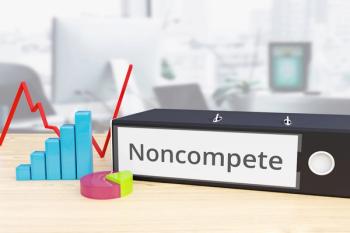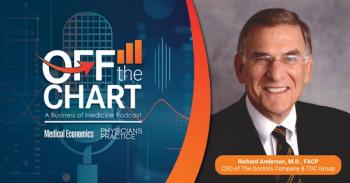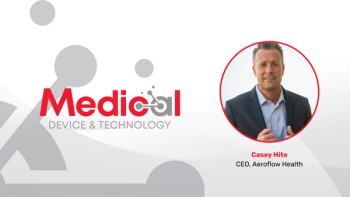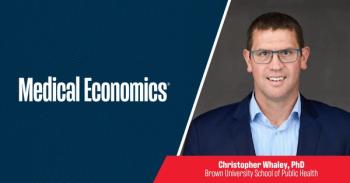
Health data breaches are soaring, investigation finds
Hacking is growing especially quickly
Breaches of
POLITICO analyzed more than six years of breach data reported to the U.S. Department of Health and Human Services’
By contrast, hacks made up 35% of breaches in 2016. It quotes Mac McMillian, CEO of the cybersecurity firm CynergisTek calling the health care industry “easy pickings” for hackers.
“It’s [not] gonna slow down until we either get more serious about stopping it, or blocking it, or being more effective at it. From the cybercriminals’ perspective, they’re being successful, they’re getting paid, why would they stop?” McMillian is further quoted as saying.
Organizations covered by
POLITICO’s analysis found that in more than half the states and the District of Columbia at least 10% of residents were affected by unauthorized access to their health information. The states with the highest percentage of affected residents include Alaska (68.5%), New Mexico (53.5%), Nevada (47.5%), and Wisconsin (43.3%).
The article notes that health care information is especially valuable to hackers because it can be sold on the dark web or used for identity theft or to file
Experts quoted in the article attribute the rise in hacking to health care’s increasingdigitization, more use of personal devices to send and receive information as organizations shifted to remote work during the COVID-19 pandemic, and greater awareness of attacks, leading to more reporting of them.
In addition, they say, health care is more vulnerable to ransomware attacks than most industries. Hackers know that a disruption in care could threaten patients’ lives, so health care organizations are more likely to pay ransoms to retrieve or unlock their data.
Newsletter
Stay informed and empowered with Medical Economics enewsletter, delivering expert insights, financial strategies, practice management tips and technology trends — tailored for today’s physicians.






